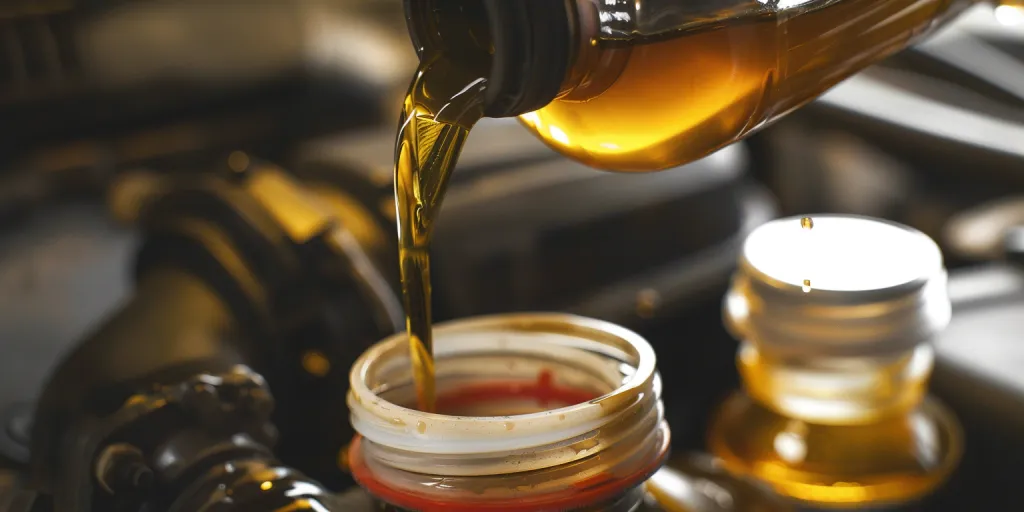Brake fluid is the lifeblood of your vehicle’s braking system, playing a pivotal role in keeping you safe on the road. This guide will explore everything you need to know about brake fluid, from its function and selection to replacement and cost. Get ready to become an expert on this essential automotive fluid.
Table of Contents:
– What is brake fluid?
– What does brake fluid do?
– How to choose brake fluid?
– How long does brake fluid last?
– How to replace brake fluid?
– How much is brake fluid?
What is brake fluid?
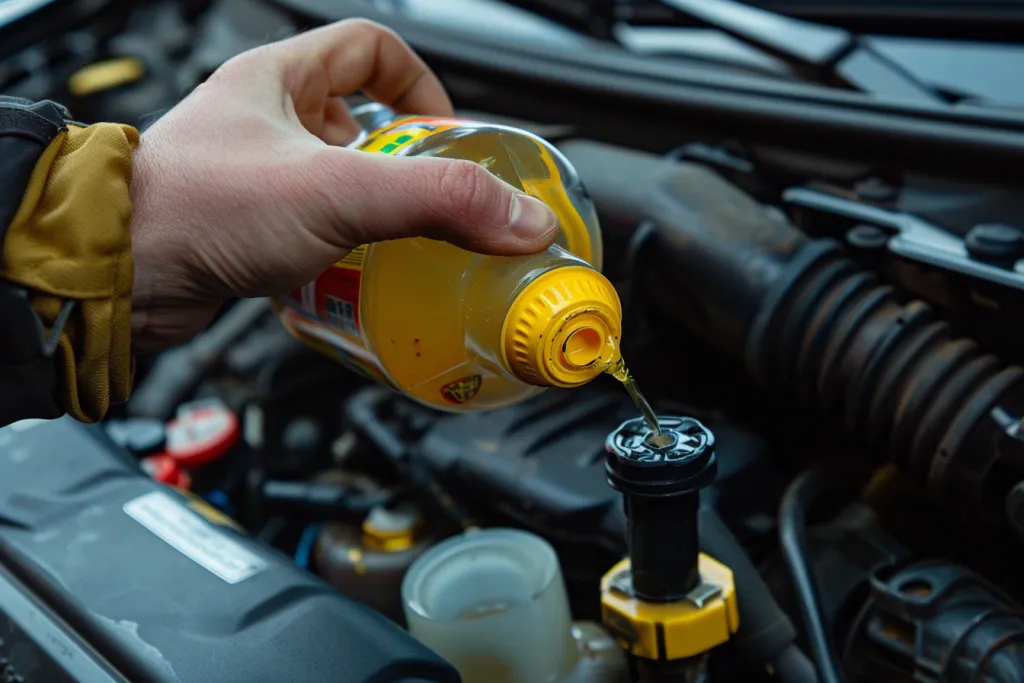
Brake fluid is a type of hydraulic fluid used in hydraulic brake and hydraulic clutch applications in vehicles. It is designed to transfer force into pressure, and amplify braking force. Unlike other fluids in your vehicle, brake fluid must have a high boiling point to withstand the high temperatures generated during braking. It also must remain fluid at low temperatures for vehicles operating in cold climates. There are several types of brake fluids, classified by their chemical composition and boiling point, including glycol-ether based, silicone-based (DOT 5), and mineral oil-based (LHM).
What does brake fluid do?
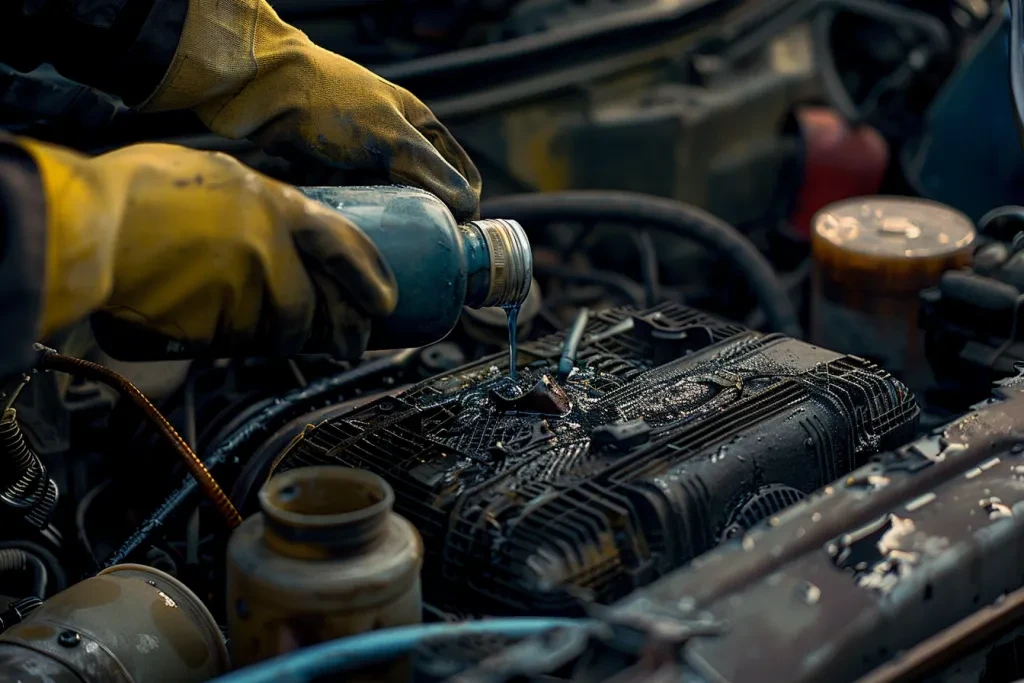
The primary function of brake fluid is to transfer the force applied by the driver’s foot on the brake pedal directly to the wheel hub, creating the friction that slows down and stops the vehicle. This fluid operates under high pressure and temperature conditions within the brake lines, making its high boiling point and non-compressibility crucial characteristics. Brake fluid also serves as a lubricant for all movable parts and prevents corrosion within the braking system. Its ability to perform under varying conditions without vaporizing or freezing ensures the braking system operates effectively and safely.
How to choose brake fluid?
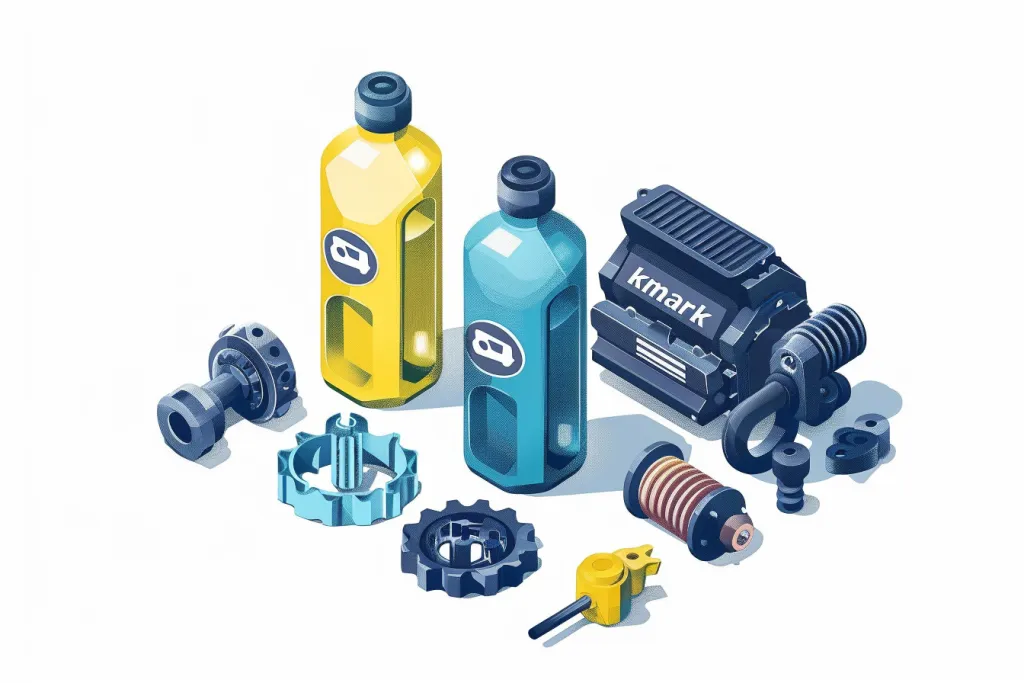
Choosing the right brake fluid for your vehicle involves understanding the different types available and their specifications. The most common types are DOT 3, DOT 4, and DOT 5.1, which are glycol-ether based, and DOT 5 which is silicone-based. The main difference between them is their boiling point, with DOT 5 offering the highest boiling point. It’s essential to consult your vehicle’s manual to determine the manufacturer’s recommendation. Factors to consider include the type of driving you do (e.g., regular commuting vs. high-performance racing) and the operating environment (e.g., extremely cold climates may benefit from a fluid with a lower freezing point).
How long does brake fluid last?
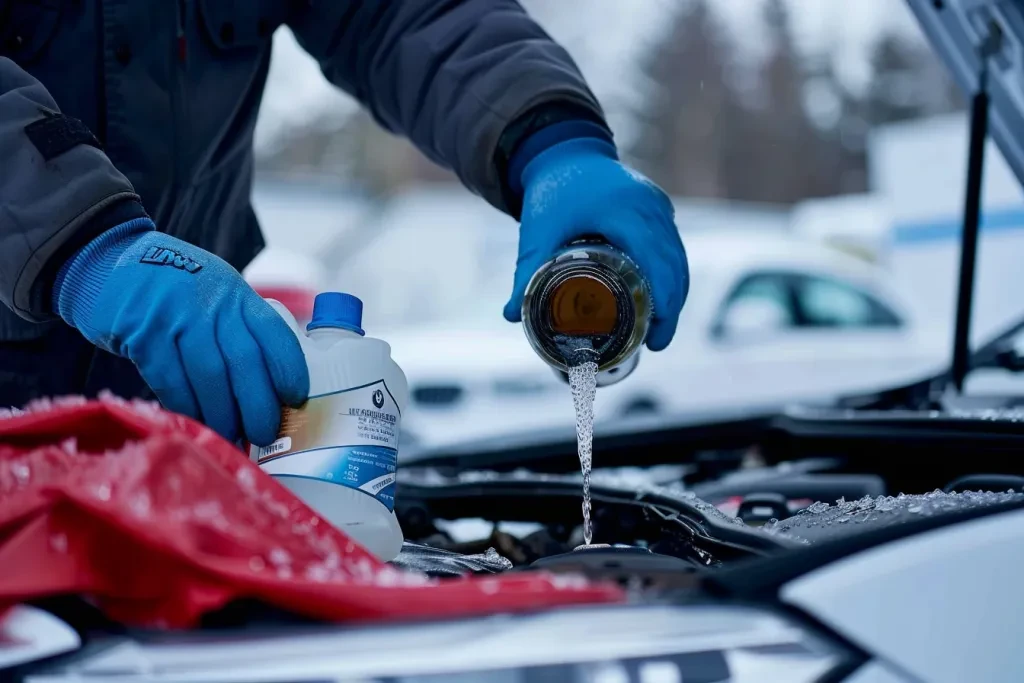
Brake fluid doesn’t last forever. Over time, it absorbs moisture from the environment, which can lower its boiling point and degrade its performance. Most manufacturers recommend replacing brake fluid every 1 to 2 years, although this can vary depending on the vehicle, the type of brake fluid, and driving conditions. Regularly checking the brake fluid level and condition can help you determine when it’s time for a replacement. A change in the fluid’s color from clear or amber to a dark, murky appearance is a clear indicator that it’s time for a change.
How to replace brake fluid?

Replacing brake fluid, also known as bleeding the brakes, involves removing the old fluid from the system and replacing it with new fluid. This process requires some technical knowledge and tools but can be done at home with the right preparation. The steps include lifting the vehicle, removing the wheels, locating the brake fluid reservoir and bleed screws, and then systematically removing old fluid from the system while adding new fluid. It’s crucial to ensure that no air gets trapped in the brake lines, as this can lead to brake failure. For those not comfortable with performing this task, it’s advisable to have it done by a professional.
How much is brake fluid?
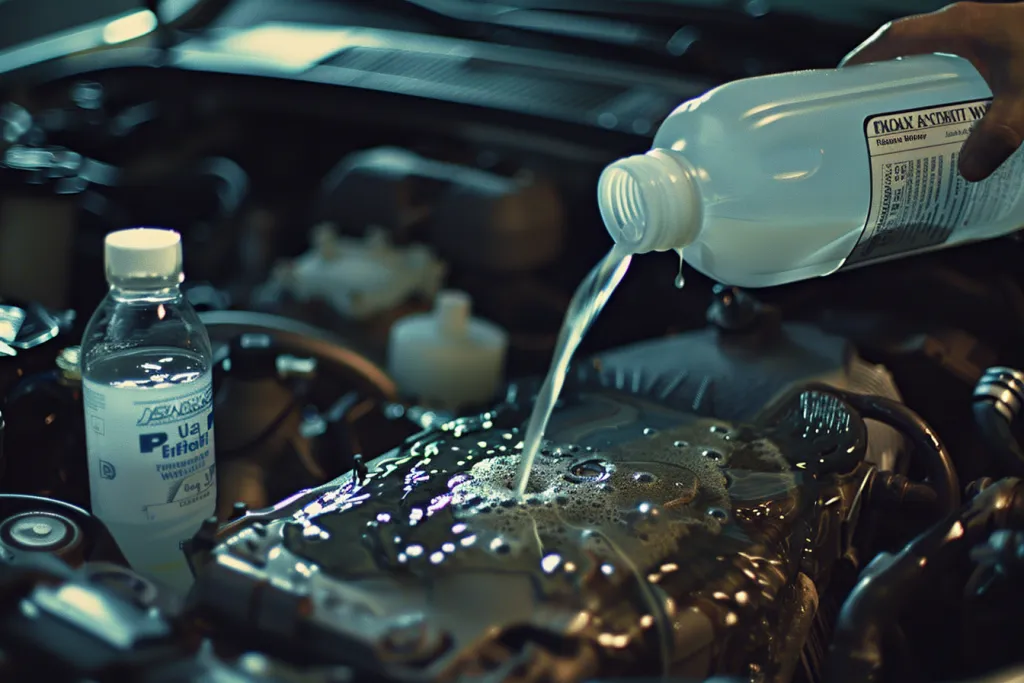
The cost of brake fluid varies depending on the type and brand. Generally, a bottle of brake fluid can range from $5 to $30. The overall cost of replacing brake fluid, including labor if done by a professional, can range from $100 to $150. While the fluid itself is not overly expensive, ensuring the job is done correctly is crucial for your vehicle’s safety and performance. Investing in high-quality brake fluid and regular maintenance can save money in the long run by preventing more costly repairs.
Conclusion:
Brake fluid is a crucial component of your vehicle’s braking system, ensuring that your car stops when you need it to. Understanding what brake fluid does, how to choose the right type, and when and how to replace it are essential for maintaining your vehicle’s safety and performance. Regular checks and maintenance can prevent potential issues and keep your braking system in top condition. Remember, when it comes to brake fluid, never compromise on quality.
